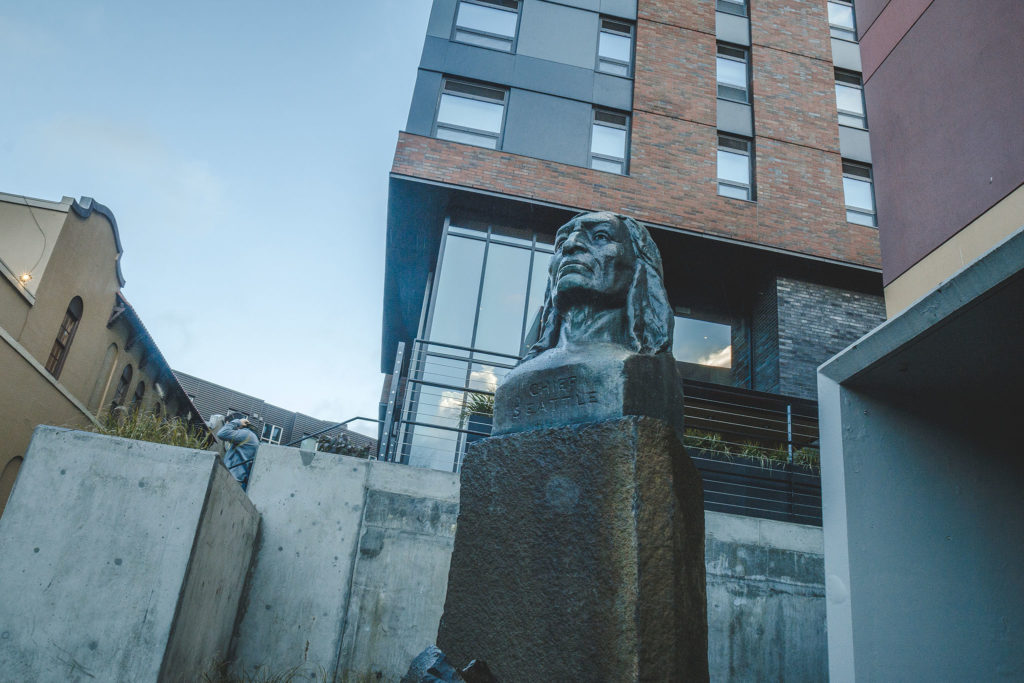Students Fear Eviction Moratoriums Won’t Suffice During Pandemic
As the amount of Americans who have filed for unemployment hits an all time high, many individuals are wondering how they will be able to pay rent for the remainder of the pandemic. As part of the Coronavirus Aid, Relief and Economic Security (CARES) Act, which came into effect at the end of March, those living in federally-backed properties have a 120-day eviction moratorium, meaning eviction orders due to late payments are suspended until further notice.
According to the National Housing Law Project, landlords are prohibited from filing new evictions if residents miss payments. It also prohibits late fees for rent payments or other payment-related penalties. However, this federal mandate does not protect properties not covered under this order, such as an eviction that occurred before the act was placed or evictions for reasons beside failure of payment.
Despite the federal government’s propositions to freeze evictions across the U.S., governors and mayors have placed their own eviction moratorium, detailing a further explanation as to how the moratorium can aid each community.
As of April 17, Washington State Governor Jay Inslee, extended the state moratorium on evictions and provided new details on how to aid even more Washingtonians. The extension will last another seven weeks from the initial announcement and it now bans an increase of rent on commercial and residential properties. The eviction ban also applies to those in temporary housing, such as Airbnb listings, mobile-homes and motels.
The governors of both Oregon and California issued similar executive orders. Despite multiple efforts, not all residents are satisfied, and pleas to Inslee are coming from around the state—especially in Seattle—for rent payments to be frozen entirely.
A change.org petition was created by Seattleite Sean Canfield in order to create several policies to be placed in Seattle about COVID-19-related difficulties. There are a total of seven demands on the petition that has almost reached its goal of 15,000 signatures. The first demand is for all rental, mortgage, utility, civic fees and property taxes to be suspended. Other demands are related to more COVID-19 effects on the community.
Soleil Cababa is a third-year digital design major at Seattle University who believes a rent moratorium is a crucial next step. Cababa was forced to move out of her on-campus residence in Chardin Hall on the Seattle University campus.
Students living in campus-owned residence halls were told via email to move out of their dorms and apartments by April 4, after classes officially went online for spring quarter. Cababa was able to move in with her boyfriend to an off-campus apartment. Since moving into the apartment, Cababa has not received any information from her new landlord about rent policies or leniency during the uncertain times.
“I think it’s completely unfair that people are still having to pay rent even when they’re unemployed,” Cababa said. “Obviously, the government is not going to do anything, but I think the best option in the best interest for people who live in America would be to cancel rent. It would really help them out a lot.”
Although Cababa is not concerned about rent at the moment, she says if she stops getting paid for her remote on-campus job she will have to worry about paying off current loans that are not frozen.
Vi Hilbert Hall and the Douglas apartments are leased to Seattle U students only, but are owned privately by Blanton Turner, a property management company based in Seattle. Since they are owned privately, these apartment buildings did not need to follow the campus-wide move-out notice.
The building managers sent out a message to student tenants clarifying that they can remain in their apartments and payments would stay the same. At the end of March, another message was sent out offering students the option to send in their apartment keys by the beginning of April and in return, rent would be suspended through mid-June. However, if students were still residing in the building, payment would be due regularly.
Lily Noto, a third-year theater and arts leadership double major, was planning on staying in Seattle for spring quarter since she had her apartment in Vi Hilbert Hall. However, once the option to not pay rent was presented, Noto decided to move home to California and turn in her keys.
“I really appreciate that they gave us options since Vi has solely students living in it,” Noto said. “I appreciate that they thought about the situation and realized that a lot of people would not be living in the apartments during this time span.”
Samantha Lacey, a fourth-year communications major, graduated from Seattle U at the end of winter quarter. Lacey is fortunate enough to have a paying job, but she says if she is laid off, rent may become an issue.
Lacey notes that her landlord at her off-campus apartment has gotten in touch with tenants through email regarding rent payments during the pandemic. The email stated that tenants should notify the landlord if payments could not be fulfilled; however, it did not say payments could be forfeited. Although Lacey was appreciative that there was some sort of contact about rent issues, she felt that it was not nearly enough.
“The email didn’t seem to be very forthcoming with information about what they would do about rent,” Lacey said. “I think they handled the situation better than a lot of landlords, but at the same time I don’t know what they would actually do.”
Lacey also believes a rent freeze would be beneficial, but feels it is unlikely to happen, at least on a federal level.
During times with rapid increase in unemployment, uncertainty and fear has Americans are struggling to sustain basic means of survival. In turn, this fuels a growing need for policy to protect against the pandemic’s worst case scenarios


